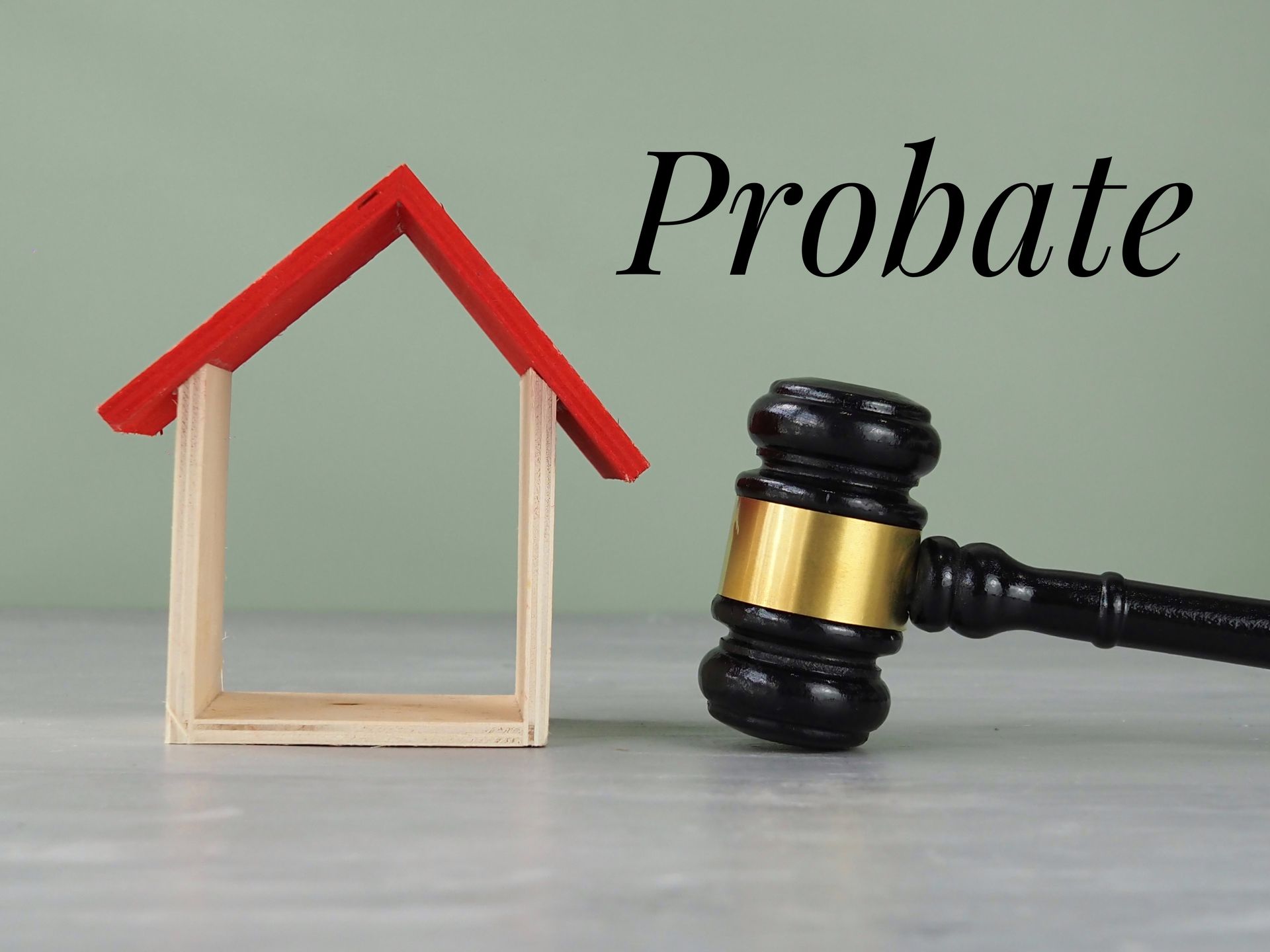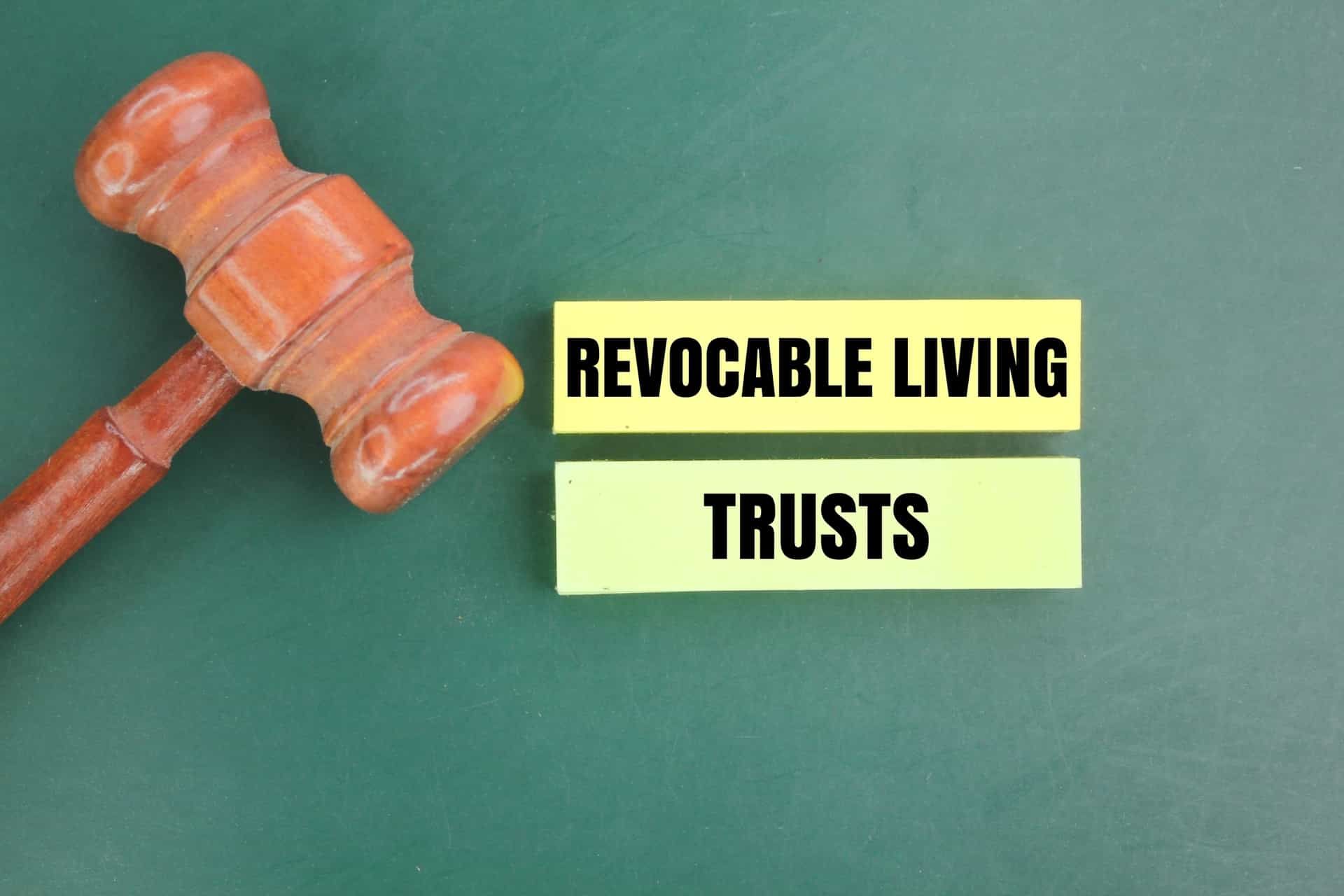What Does Incapacity Mean in Florida?
It is never a pleasant thing to consider, but you would be wise to think about how your affairs and your person should be handled if you were ever to become incapacitated. In fact, several surveys have indicated that 81 percent of people report having thought about issues of incapacity, but only 33 percent report having actually completed important legal and medical forms to express their wishes.
Indeed, as you grow older, it becomes increasingly more important to make plans for your future and the future of your family. It can sometimes feel like a burden, but making legal decisions about important aspects of your life will protect you from others doing things that are against your wishes.
Moreover, the decisions you make now will also protect your loved ones because they provide instructions with regard to the care that you wish to receive. Once you have consulted with a qualified estate planning attorney and made the important decisions you need to make, you then can speak with your family about your wishes with peace of mind, knowing that you have been proactive in planning for all eventualities in the future.
Accordingly, this article will be focused on the meaning of “what is incapacitated” in the State of Florida. We will first discuss the question of “ what is incapacitated ,” and then we will discuss the many legal documents you will need to consider to ensure that your estate is planned for properly.
After reading this article, if you have more questions about the question of what is incapacitated, we invite you to call the seasoned estate planning attorneys in West Palm Beach at Doane & Doane at 561-656-0200 .
What is Incapacitated?
The concept of legal incapacity centers on an individual’s lack of sufficient mental capacity to make important legal decisions. Depending upon the circumstances, it is often the case that a person’s incapacity will mean that his or her family will need to get a guardian to act on that person’s behalf.
Thus, in the State of Florida, incapacity can mean the inability to plan an estate or draft certain legal documents such as a last will and testament or engage in transactions involving property, real or personal.
Moreover, there are a number of important medical directives that should be completed in the case of medical incapacity. Those should also be a part of your estate planning activity.
Common Causes of Incapacity
In Florida, one of the more common reasons to appoint a legal guardian is a mental illness, which leads to the incapacity of a loved one. The mental illness could be dementia, a brain injury, Alzheimer’s, or other age-related issues that cause mental acuity to decrease.
How Do You Prove Incapacity?
There comes a time when you suspect that you need to intervene with regard to the legal incapacity of a loved one. It may be clear that it would be unreasonable or even dangerous to allow your family member to make decisions about an estate. That is when you realize that a guardian needs to be appointed for an incapacitated family member.
Yet, in order to get a guardian appointed, you would need to prove that a person is not mentally capable of making important legal decisions. To prove incapacity, you would need to go before a court to make the necessary proofs, and litigation would be necessary. Additionally, in Florida, the proceeding includes the need for a special committee to review the matter, which would consist of subject-matter experts, physicians, and attorneys to establish proof of the incapacitated person’s status.
The issues that will typically be handled in an incapacity hearing would include:
1. Basic evidence of the family member’s mental issues and inability to make appropriate decisions;
2. Whether a person needs any type of guardian in the first instance;
3. What are the rights and limits on the guardian’s decision-making authority on behalf of the incapacitated person, and how should the guardian handle the incapacitated person’s affairs;
4. Who would be the most appropriate guardian?
Planning Ahead for Possible Incapacity
If you do obtain a guardian for a loved one, that guardian will be sure to look to see if the incapacitated person planned ahead with regard to some legal matters. Indeed, there are a number of legal documents that anyone can complete in the event they become incapacitated, including:
1. Advance Health Care Directives . These documents allow someone to designate another to make health care decisions if that person cannot speak for themselves. These directives are also called Living Wills, or Durable Powers of Attorney for Healthcare. Hospitals and doctor’s offices have health care directive forms that anyone can fill out.
2. Physician’s Orders for Life-Sustaining Treatment . These documents allow people with life-threatening illnesses to dictate with their physicians which treatment they do or do not want, again in the event that they cannot speak for themselves.
3. Durable Power of Attorney for Finance . A durable power of attorney is valid even if the person who made it is incapacitated, but it must be completed when the person was competent to execute it.
To conclude, those are just a few of the types of legal documents you need to consider when taking care to avoid confusion if you become incapacitated and your family needs to appoint a guardian for you.
Let the Estate Planning Attorneys in West Palm Beach Help You
Whether it is assistance to administer an estate or assist an appointed personal representative, you should engage the help of the attorneys in West Palm Beach at Doane & Doane.
Florida fiduciaries seek the assistance of the attorneys of Doane & Doane, P.A. to administer and manage their trusts and estates frequently. The founding partners of Doane & Doane are board-certified West Palm Beach Probate Attorneys . With the additional advantage of certified public accountancy in their backgrounds, they present a unique combination of skills and experience which enables them to effectively settle, administer, and manage clients’ trust and estates.
In short, at Doane & Doane, we have the resources and experience to help you understand all aspects of the probate process. Doane & Doane’s probate attorneys in West Palm Beach can help.
If you think it is now time to get started on your own estate plan, or want to learn more about incentive trusts, give us a call at 561-656-0200.
The post What Does Incapacity Mean in Florida? appeared first on Doane and Doane, P.A..
Disclaimer: The information on this website and blog is for general informational purposes only and is not professional advice. We make no guarantees of accuracy or completeness. We disclaim all liability for errors, omissions, or reliance on this content. Always consult a qualified professional for specific guidance.
RECENT POSTS






